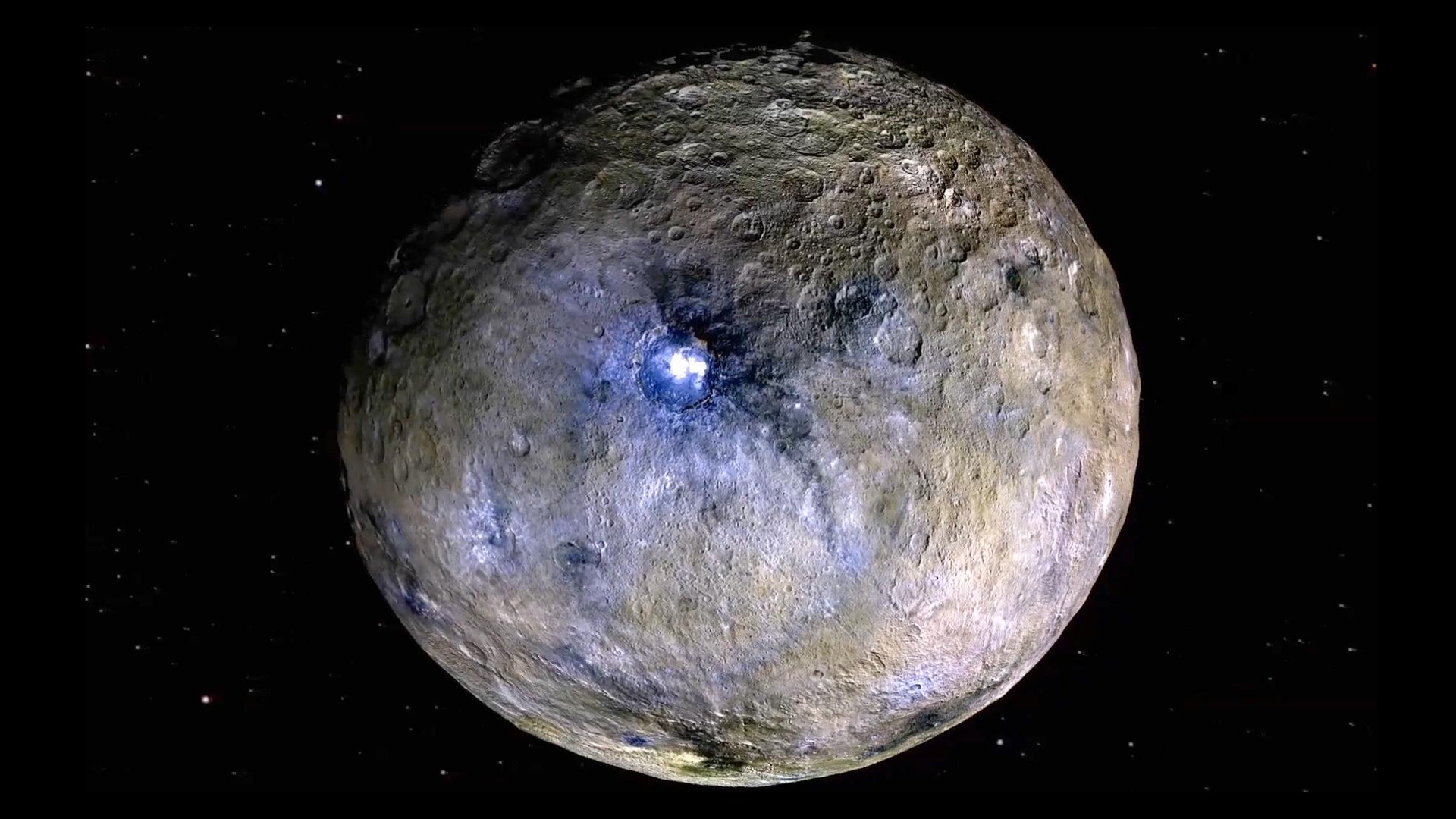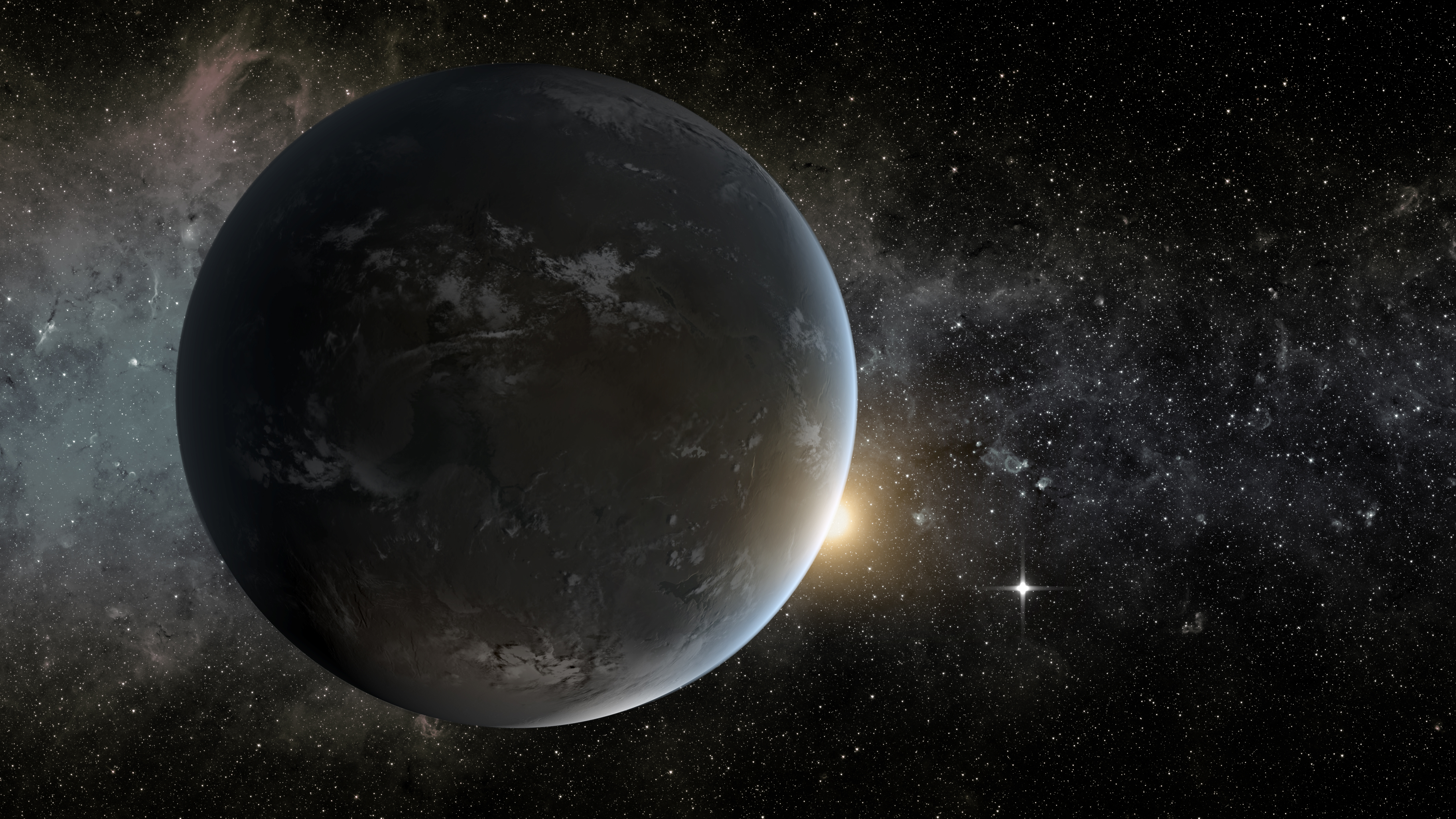
Keith Cooper
Keith Cooper is a freelance science journalist and editor in the United Kingdom, and has a degree in physics and astrophysics from the University of Manchester. He's the author of "The Contact Paradox: Challenging Our Assumptions in the Search for Extraterrestrial Intelligence" (Bloomsbury Sigma, 2020) and has written articles on astronomy, space, physics and astrobiology for a multitude of magazines and websites.
Latest articles by Keith Cooper
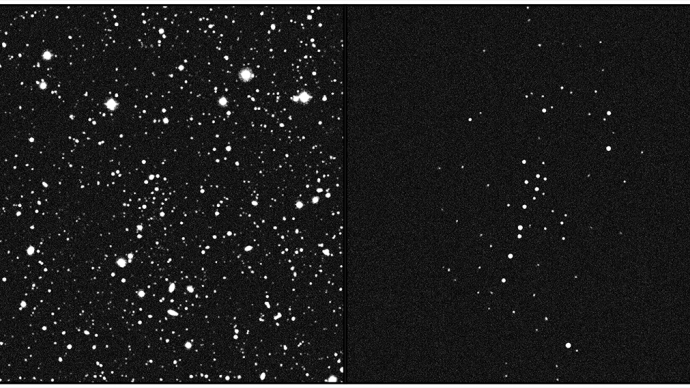
The faintest star system orbiting our Milky Way may be dominated by dark matter
By Keith Cooper published
The stars of a possible ultra-faint dwarf galaxy, known as UMa3/U1, could be held in place by the gravitational glue of dark matter.
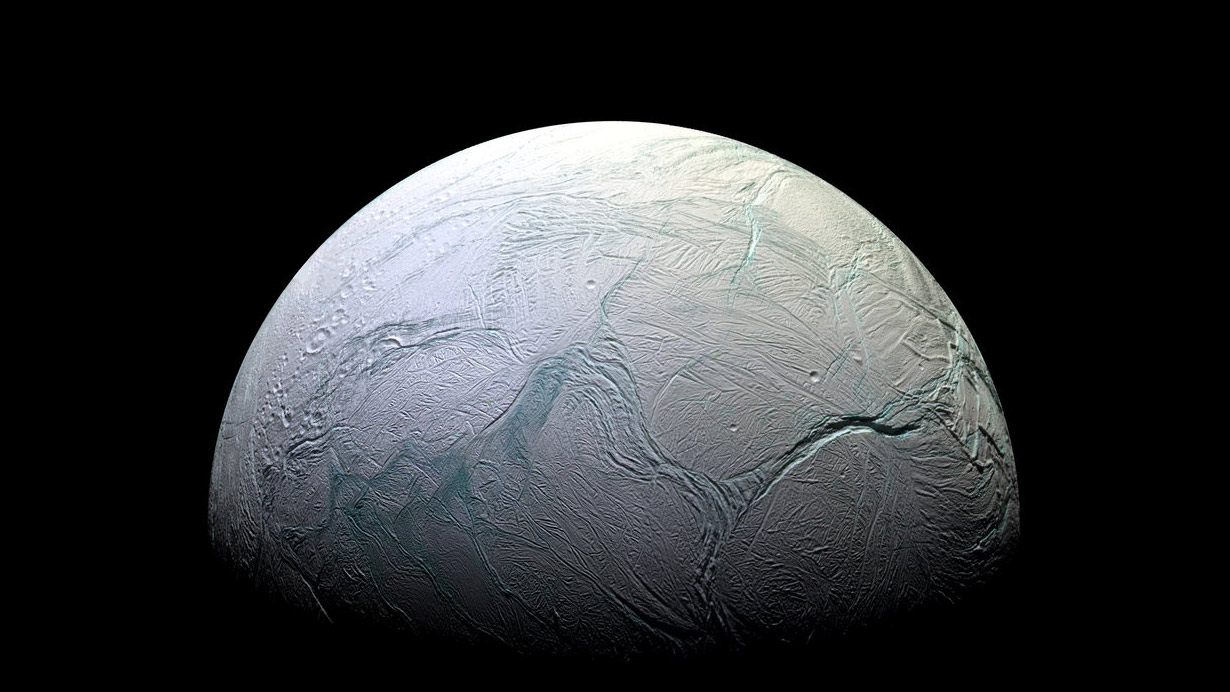
Life on Enceladus? Europe eyes astrobiology mission to Saturn ocean moon
By Keith Cooper published
The future European Space Agency mission could include an orbiting spacecraft as well as a lander, both of which would sample ocean material in Enceladus' plumes.
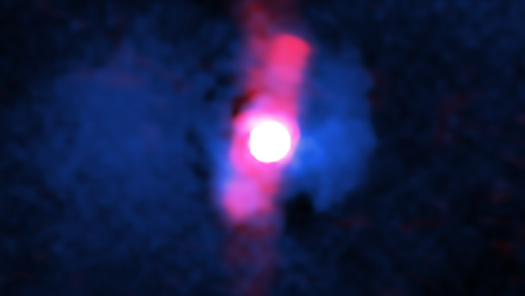
Most quasars are a ferocious force of nature, but not this one
By Keith Cooper published
A quasar over three billion light-years away was found to be rather gentle on its host galaxy, allowing its black hole to keep growing.
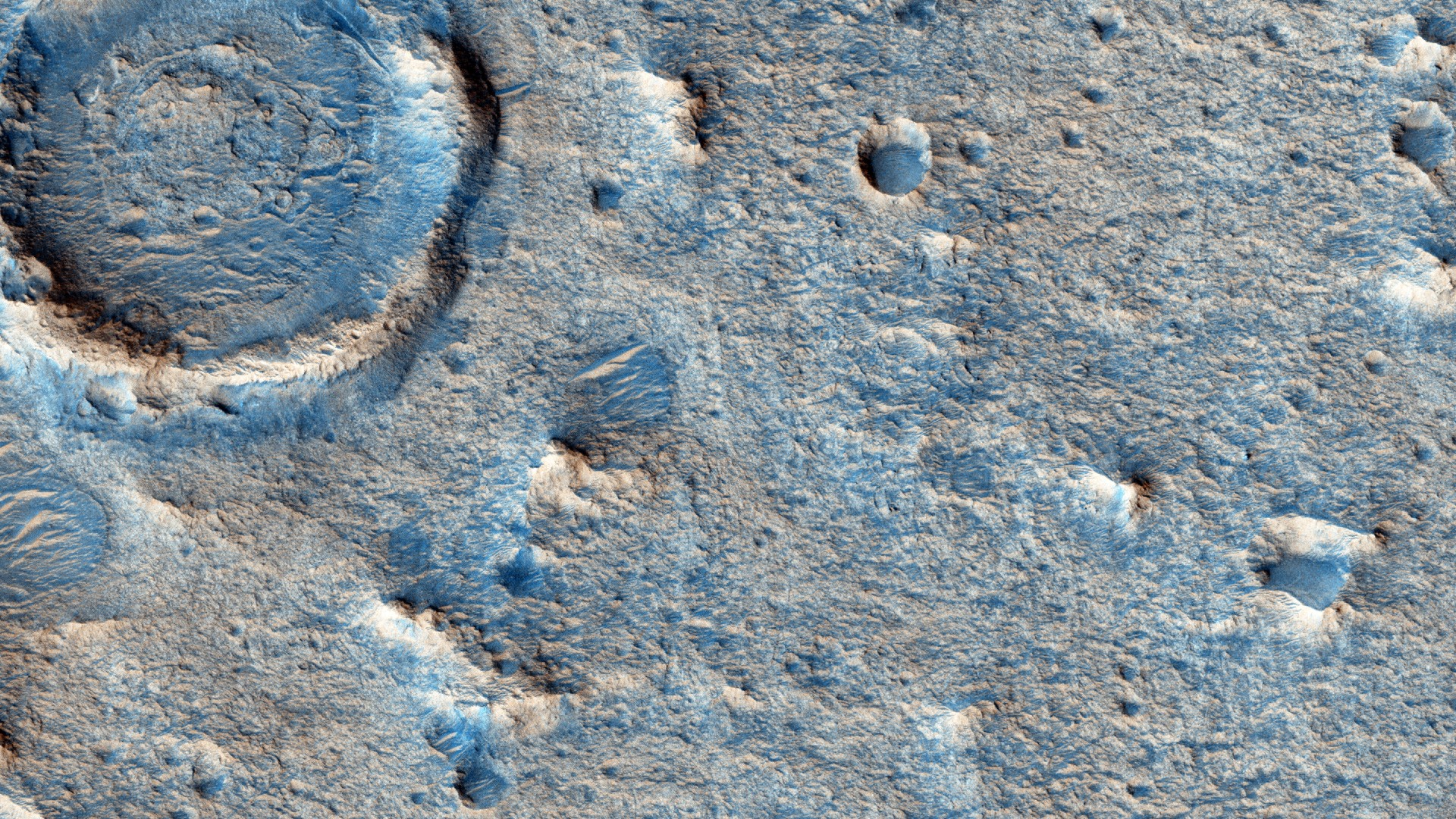
Europe's upcoming Mars rover now has a detailed map to aid its search for ancient Red Planet life (video)
By Keith Cooper published
The European Space Agency's Rosalind Franklin Mars rover now has a detailed map with which to help find its way around the Red Planet when it lands sometime in the next decade.
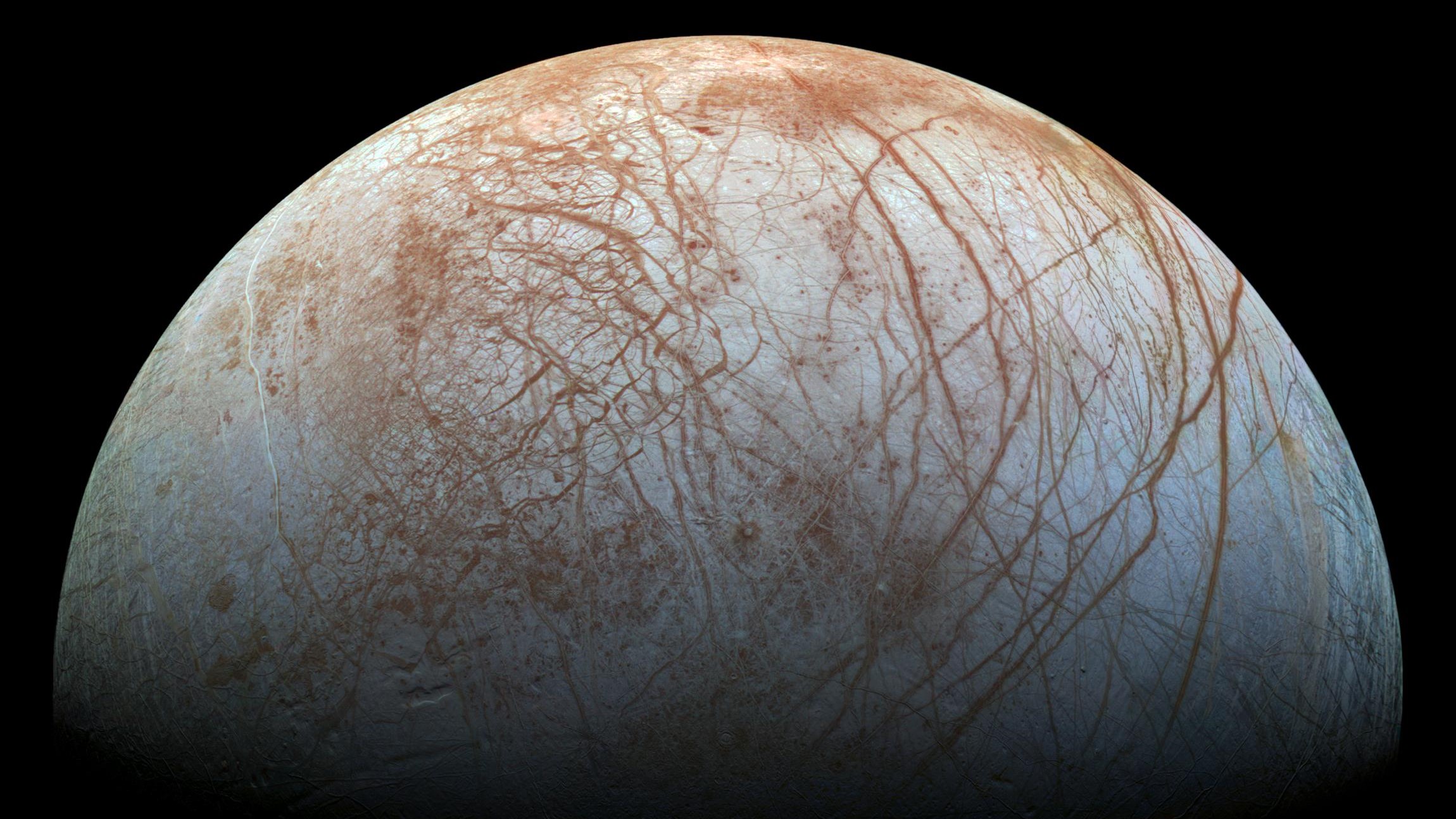
The Europa Clipper may only need 1 ice grain to detect life on Jupiter's ocean moon
By Keith Cooper published
A single icy moon grain could host tiny microbes or cellular remnants of life. If so, NASA's Europa Clipper may one day be able to find life near Jupiter.
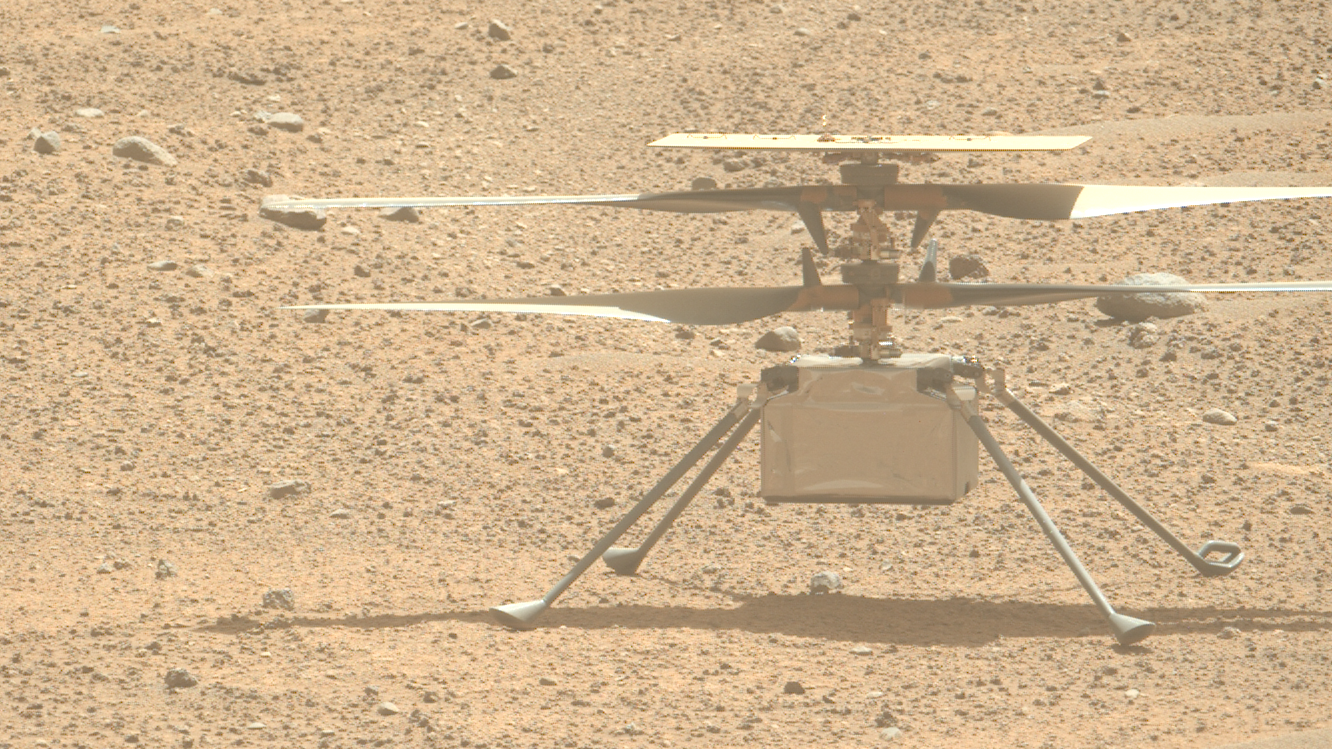
Life after Ingenuity: How scientists hope to reach the skies of Mars once more
By Keith Cooper published
The concept for a flying, wing-heavy drone called MAGGIE could one day show us an entirely new perspective on Mars.
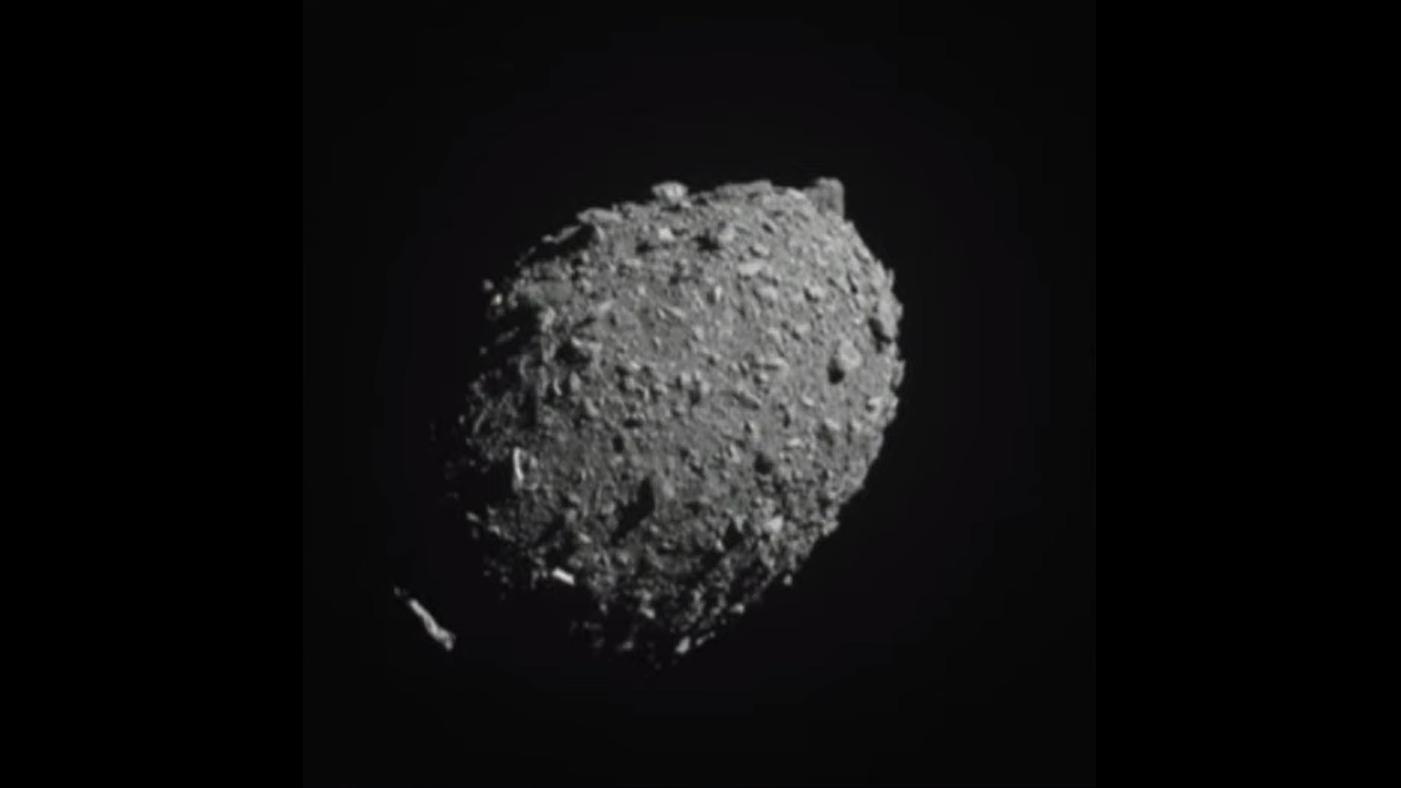
NASA's DART mission hammered its target asteroid into a new shape. Here's how
By Keith Cooper published
When NASA's DART spacecraft crashed into the small asteroid Dimorphos in September of 2022, the impact's energy changed the asteroid’s trajectory and substantially altered its shape.
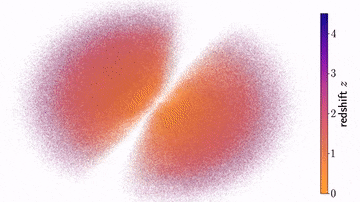
3D map of over 1 million black holes traces where the universe's dark matter lies
By Keith Cooper published
Nearly 1.3 million quasars are included in a vast cosmic map, with the most distant having existed just 1.5 billion years after the Big Bang.
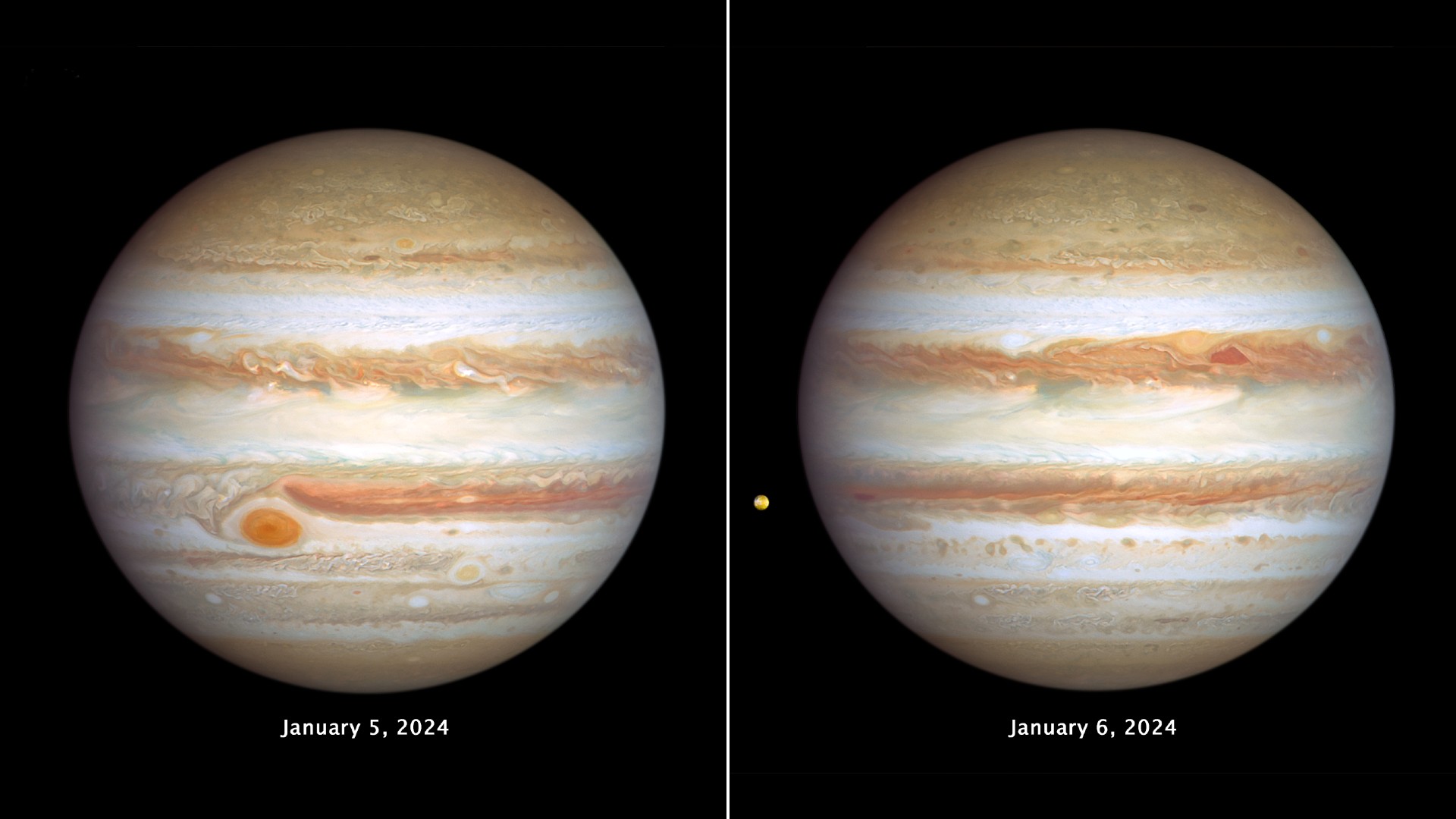
Hubble Telescope spies stormy weather and a shrinking Great Red Spot on Jupiter (video)
By Keith Cooper published
The Hubble Space Telescope's latest look at Jupiter finds writhing storms and a shrinking Great Red Spot.
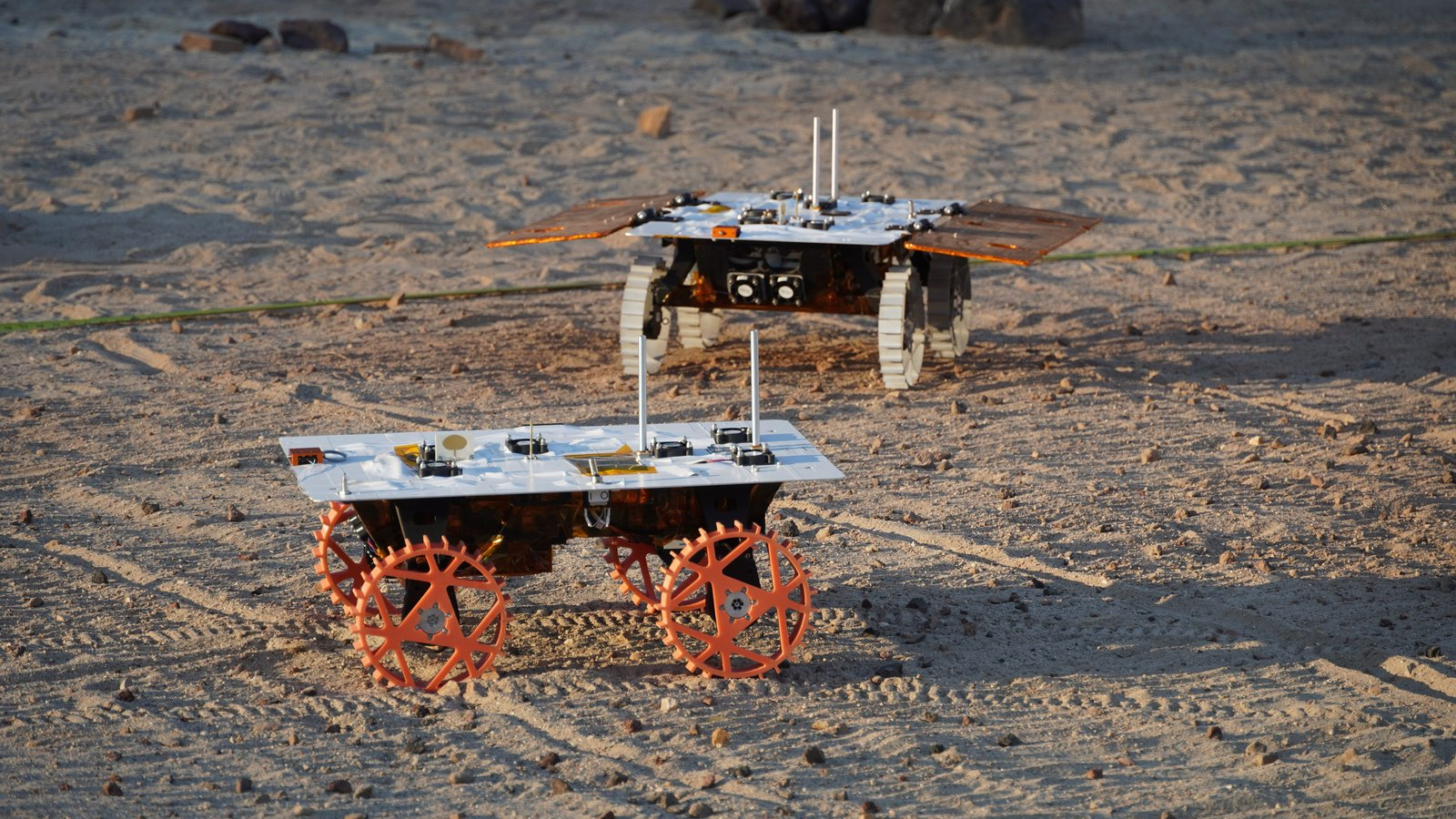
Trio of mini moon rovers pass key tests ahead of upcoming lunar launch (photos)
By Keith Cooper published
The CADRE rovers, destined for the next Intuitive Machines mission to the moon, are able to work together thanks to cooperative software.
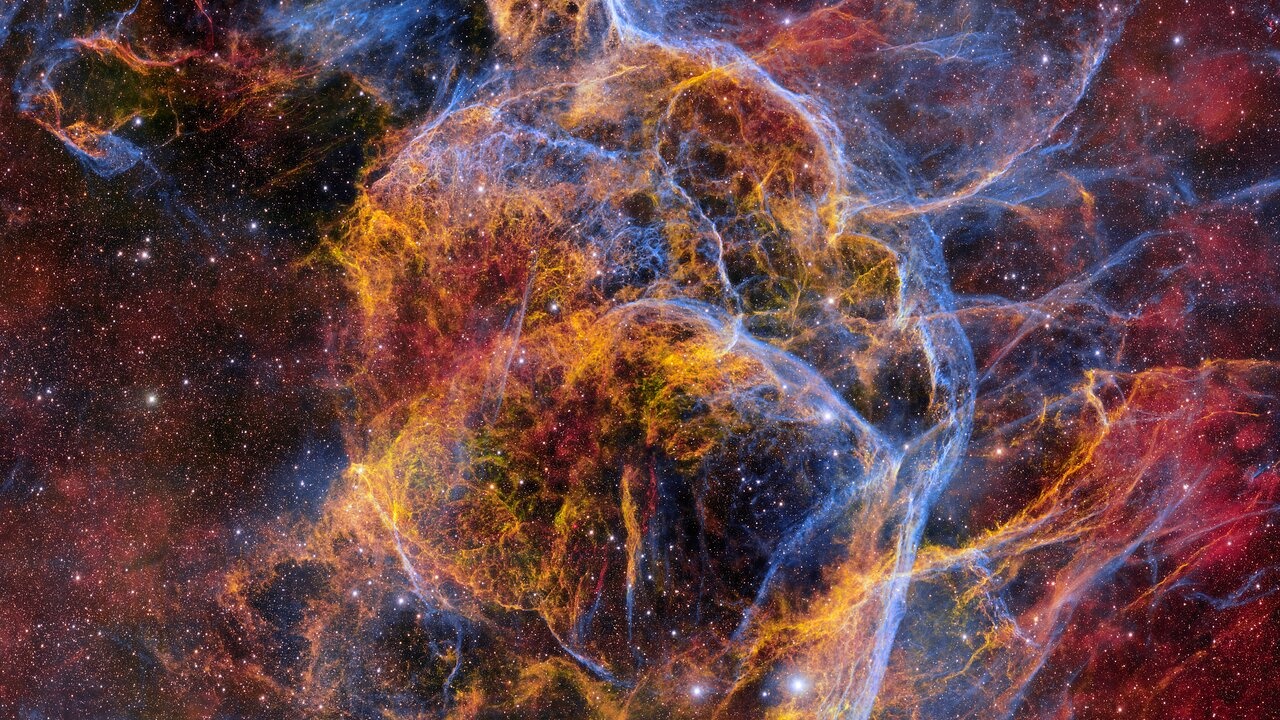
Dark Energy Camera captures record-breaking image of a dead star's scattered remains
By Keith Cooper published
The Vela supernova remnant looks breathtaking in this image from the powerful DECam, revealing intricacies in debris that resulted from the destruction of a massive star 11,000 years ago.
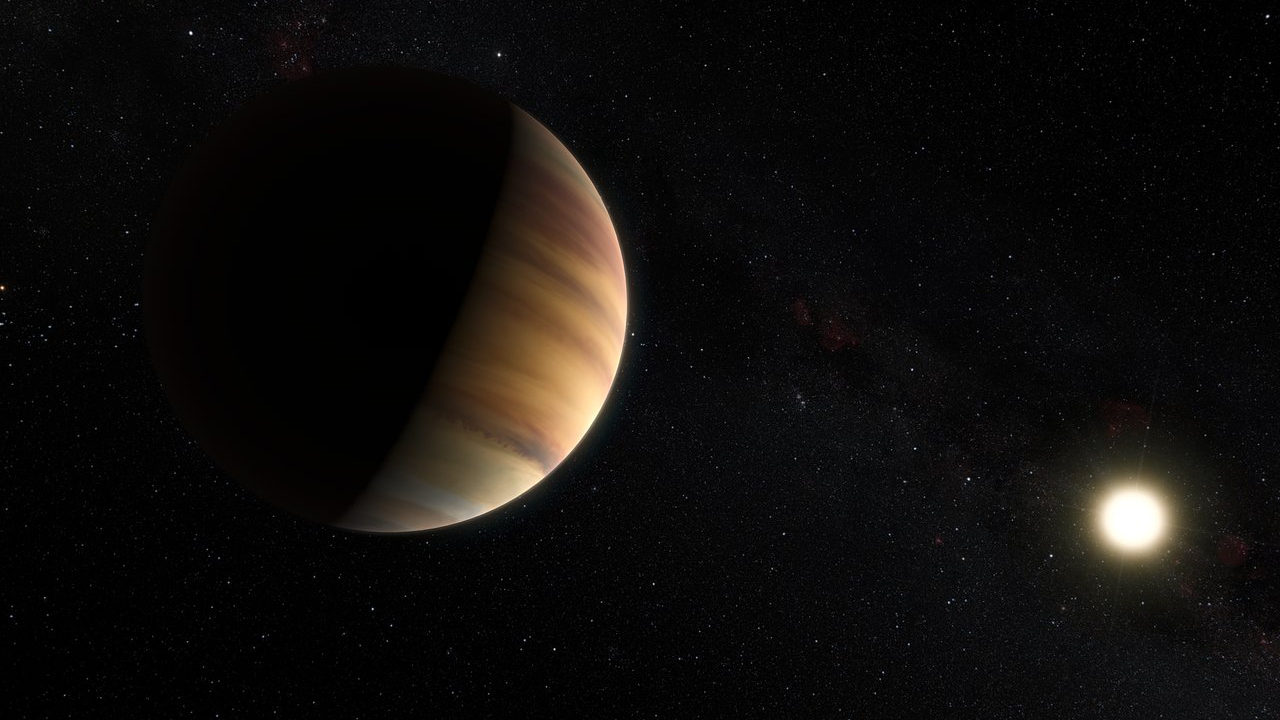
As scientists find real exoplanets, sci-fi writers change their vision of alien worlds
By Keith Cooper published
The discovery of the first exoplanets was a watershed moment for both science and science fiction, which has attempted to keep pace with scientific knowledge of other worlds.
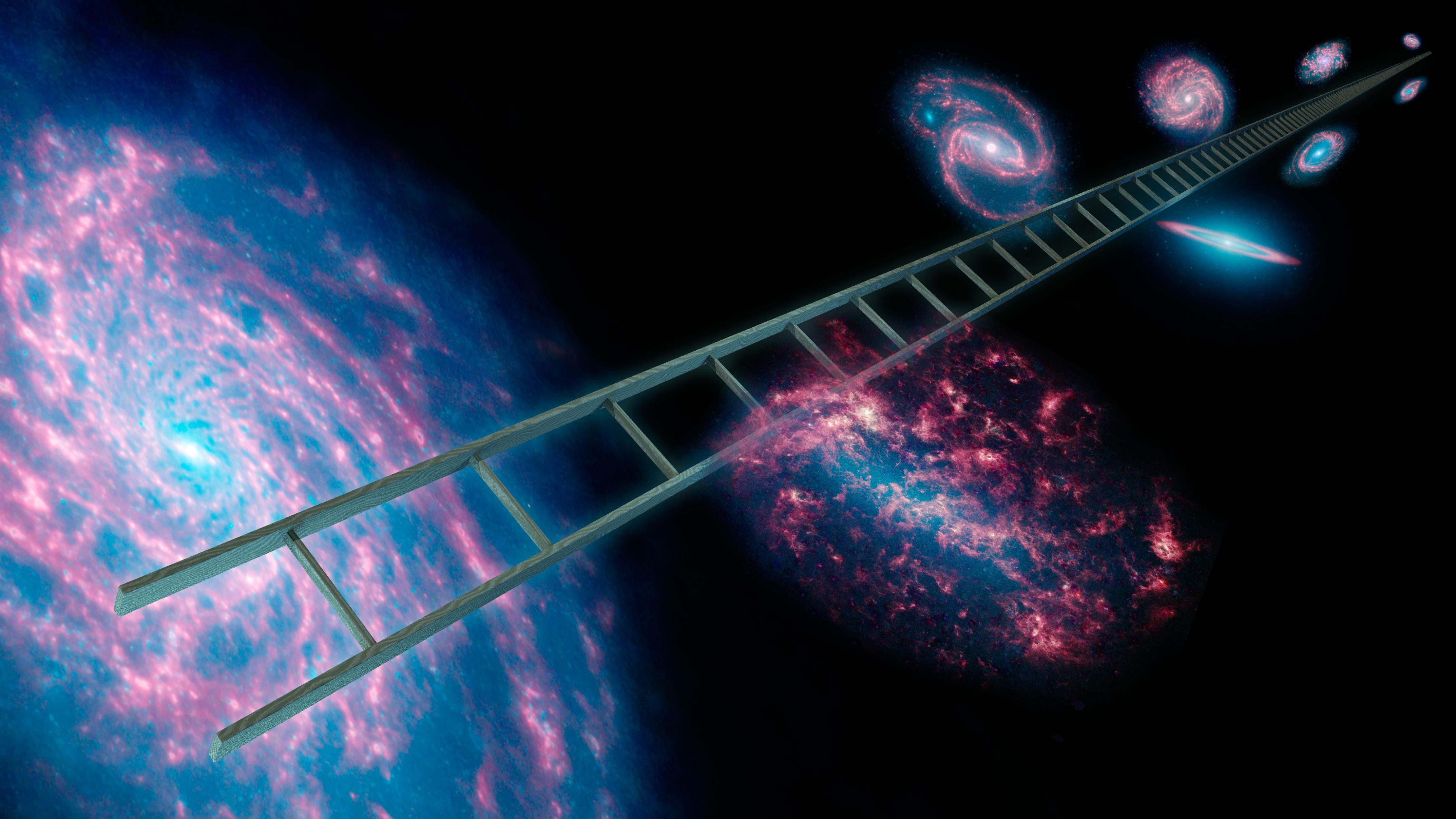
James Webb Space Telescope complicates expanding universe paradox by checking Hubble's work
By Keith Cooper published
The JWST's findings further scientists' conundrum of having different measurements of the expansion of the universe, which may require new physics to resolve.
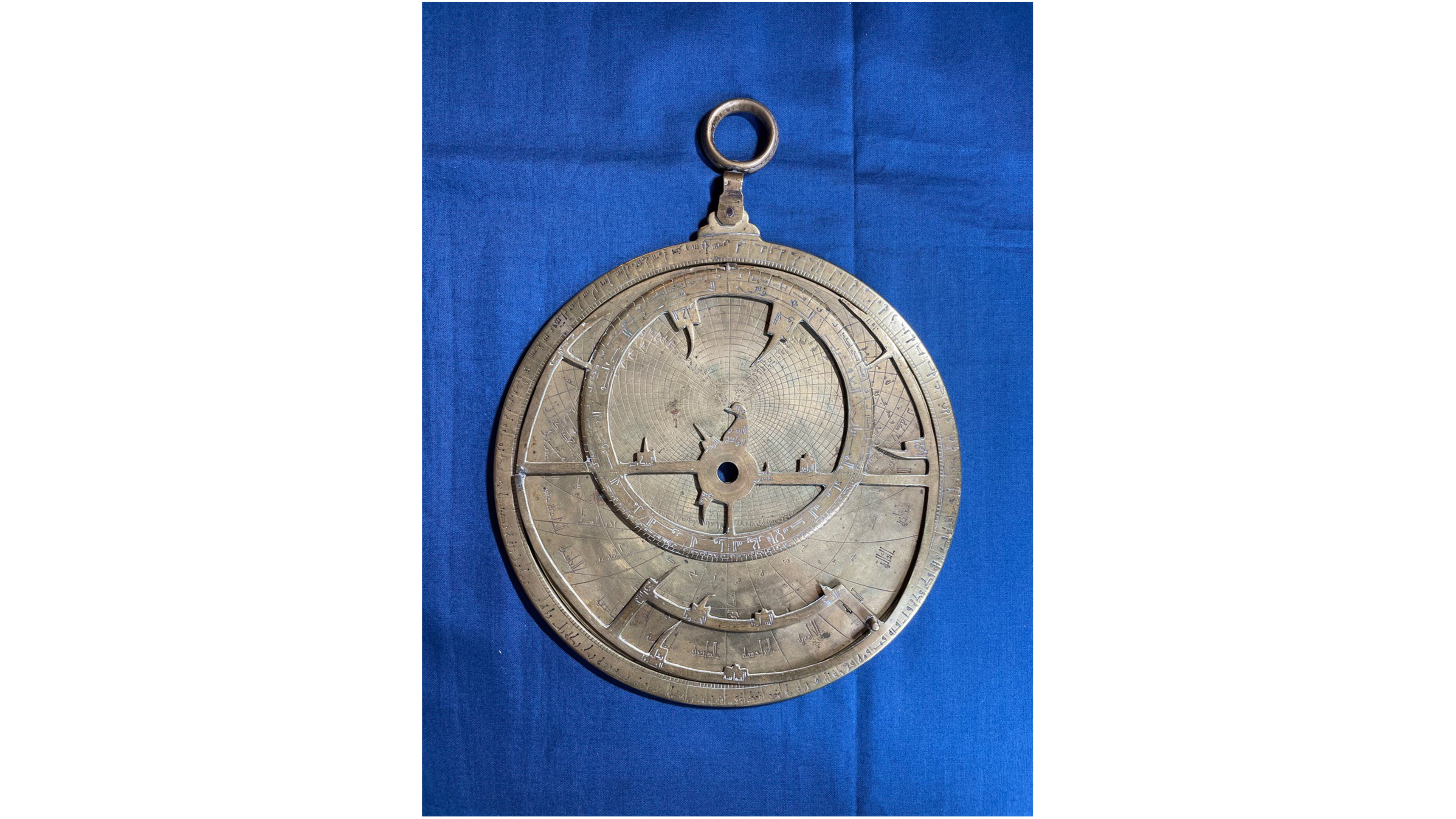
Rare 11th-century star chart reveals complex history of Islamic, Jewish and Christian astronomy
By Keith Cooper published
The astrolabe dates from 11th-century Spain and has origins that are Islamic, Jewish and Christian.
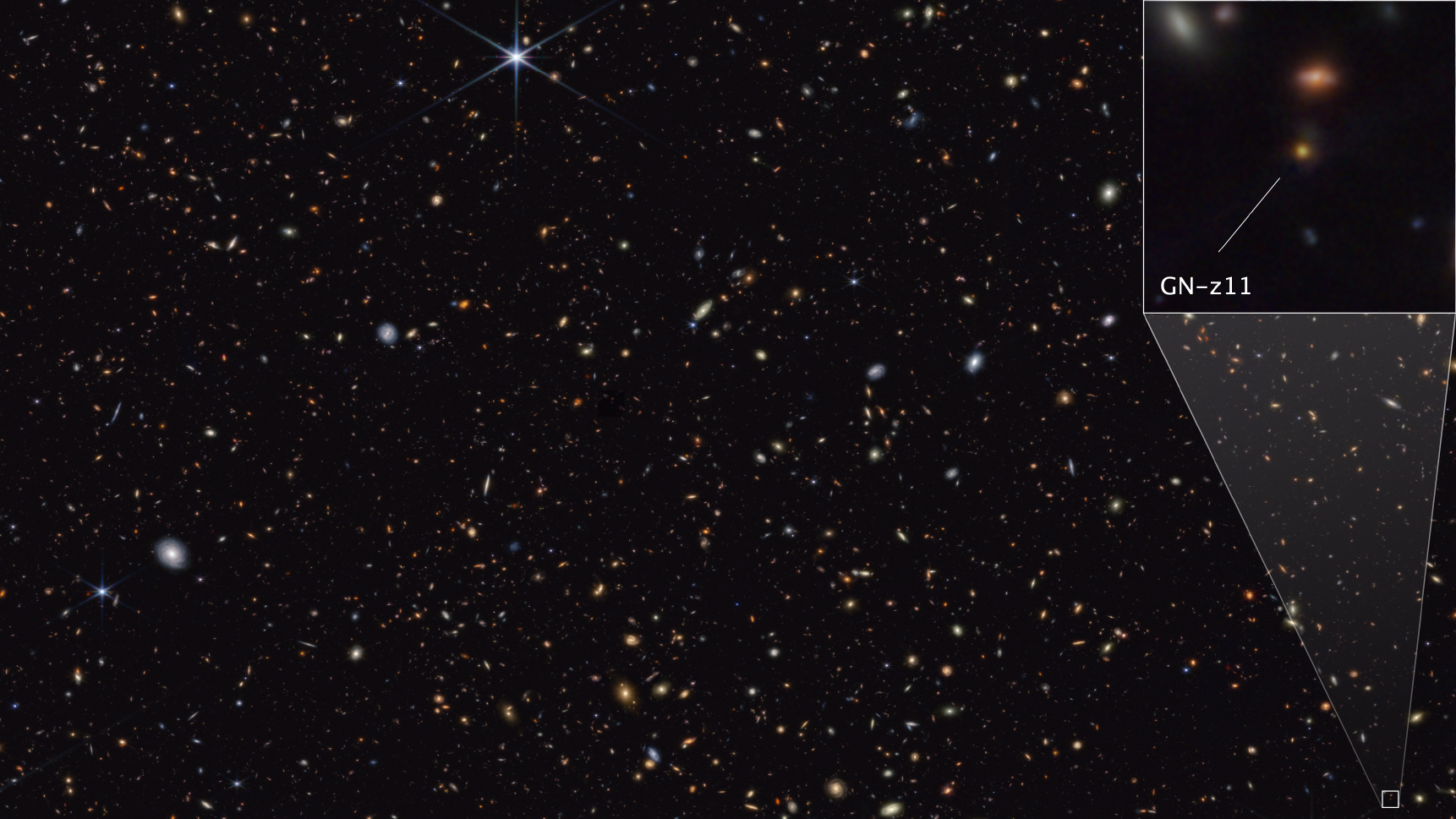
The James Webb Space Telescope may have found some of the very 1st stars
By Keith Cooper published
The hunt for the first stars, known as Population III stars, may be nearing an end as the James Webb Space Telescope spotted tantalizing evidence for them in one of the earliest galaxies known.
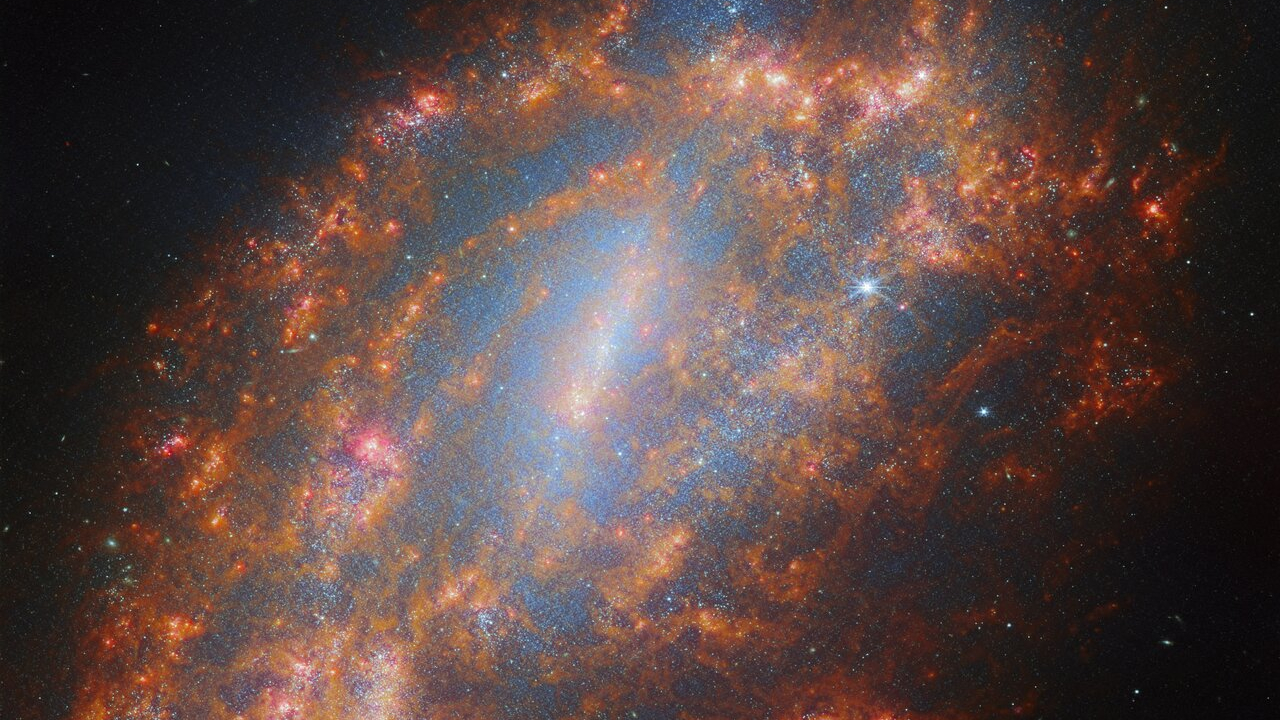
James Webb Space Telescope sees the infrared skeleton of a galaxy (image)
By Keith Cooper published
This pretty spiral galaxy is an important milestone for cosmologists seeking to understand the expansion of the universe.
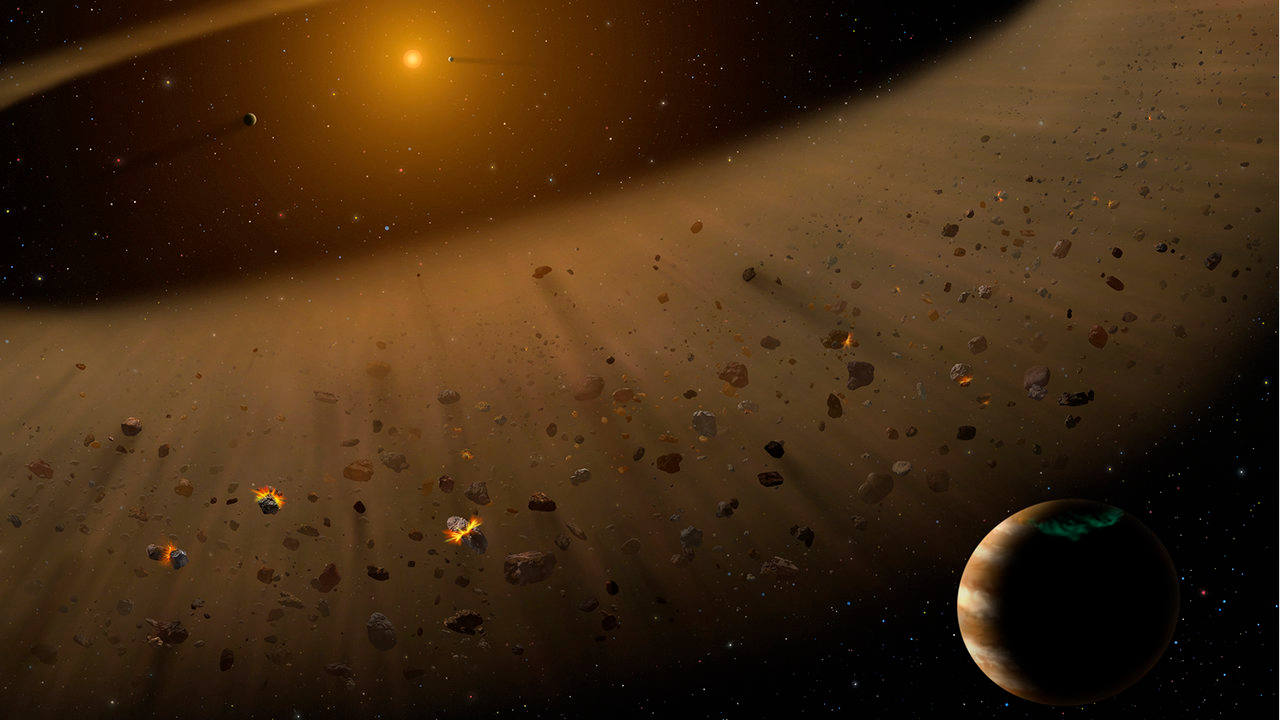
Our solar system map may need an update — the Kuiper belt could be way bigger
By Keith Cooper published
How a cosmic dust storm is helping New Horizons to redraw the map of the outer solar system.
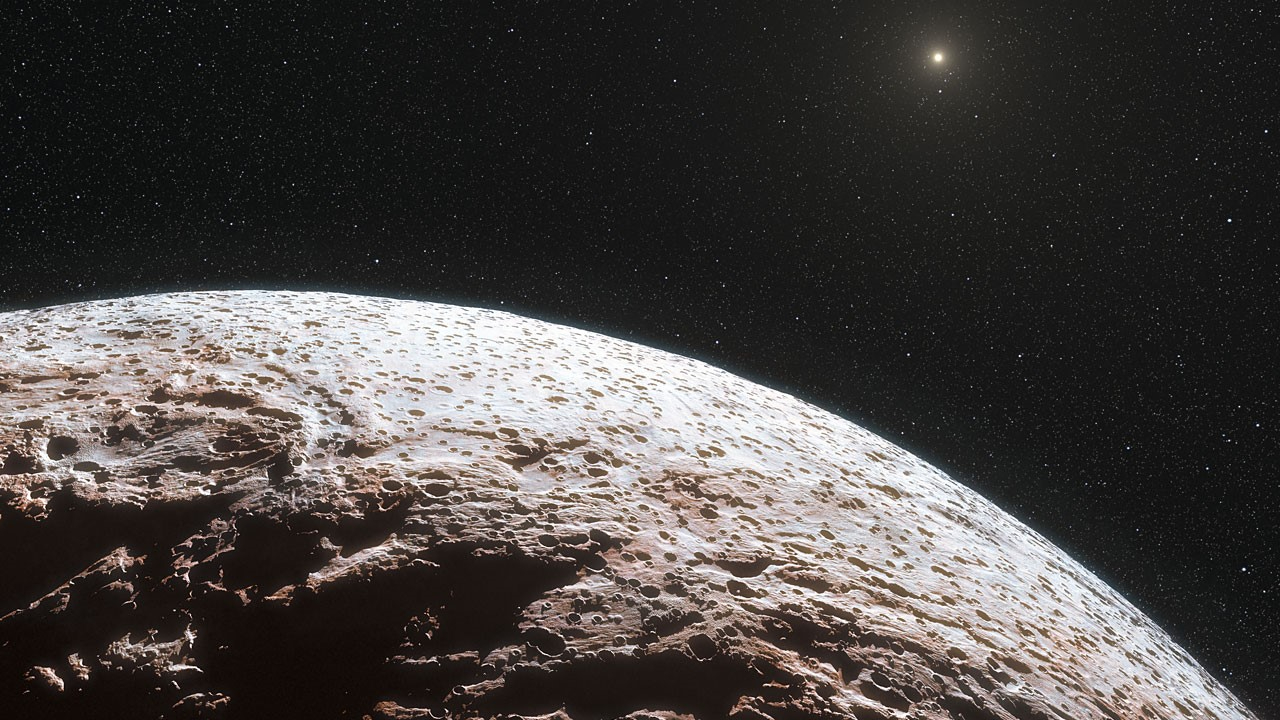
Scientists say 2 solar system dwarf planets may harbor underground oceans
By Keith Cooper published
Methane detected near dwarf planets Eris and Makemake could have come from within their interiors, produced by geochemical reactions amid hot rock.
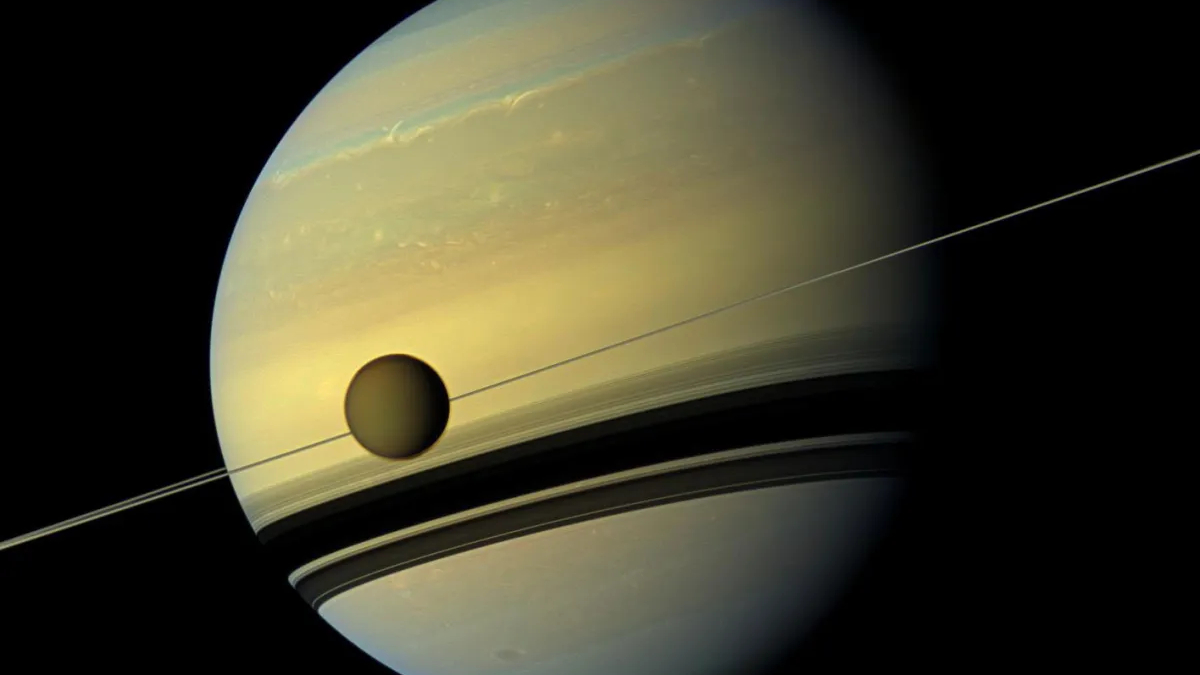
Saturn's ocean moon Titan may not be able to support life after all
By Keith Cooper published
Organic material on Saturn moon Titan's surface may have difficulty getting to the underground ocean. That's where it'd need to go for Titan to potentially support life.
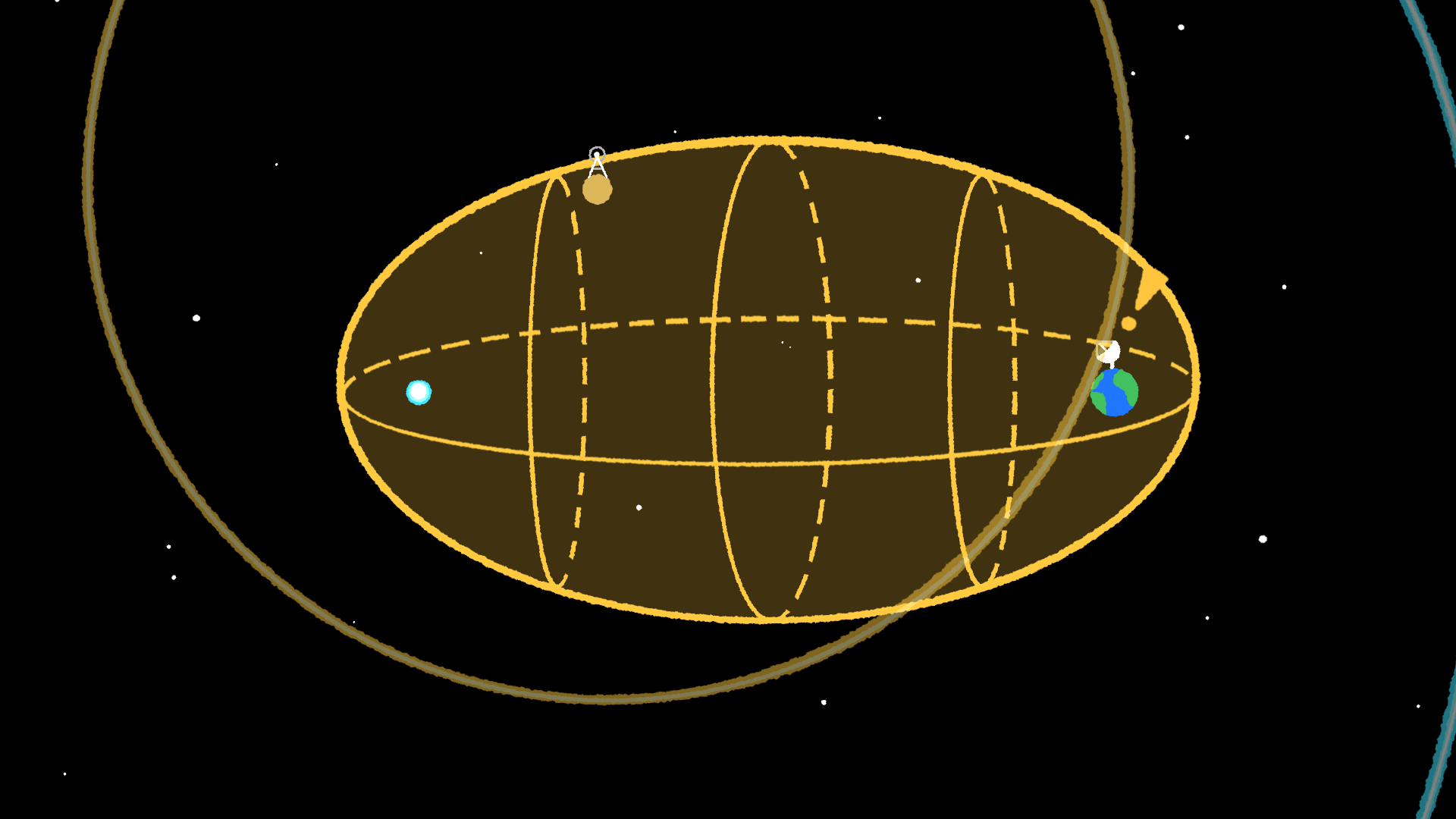
SETI searches for alien signals synchronized with supernova 1987A
By Keith Cooper published
Astronomers revitalize an old concept called the SETI Ellipsoid that incorporates supernovas in the search for extraterrestrial intelligence.
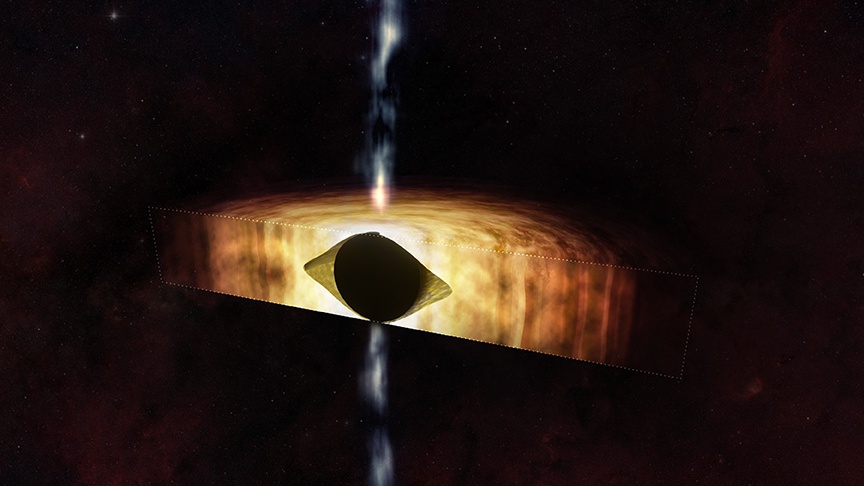
Cosmic Super Bowl? The Milky Way's black hole is shaping spacetime into a football
By Keith Cooper published
As predicted by general relativity, the rapid spin of our galaxy's 4.1-million-solar-mass black hole is able to warp the fabric of spacetime.
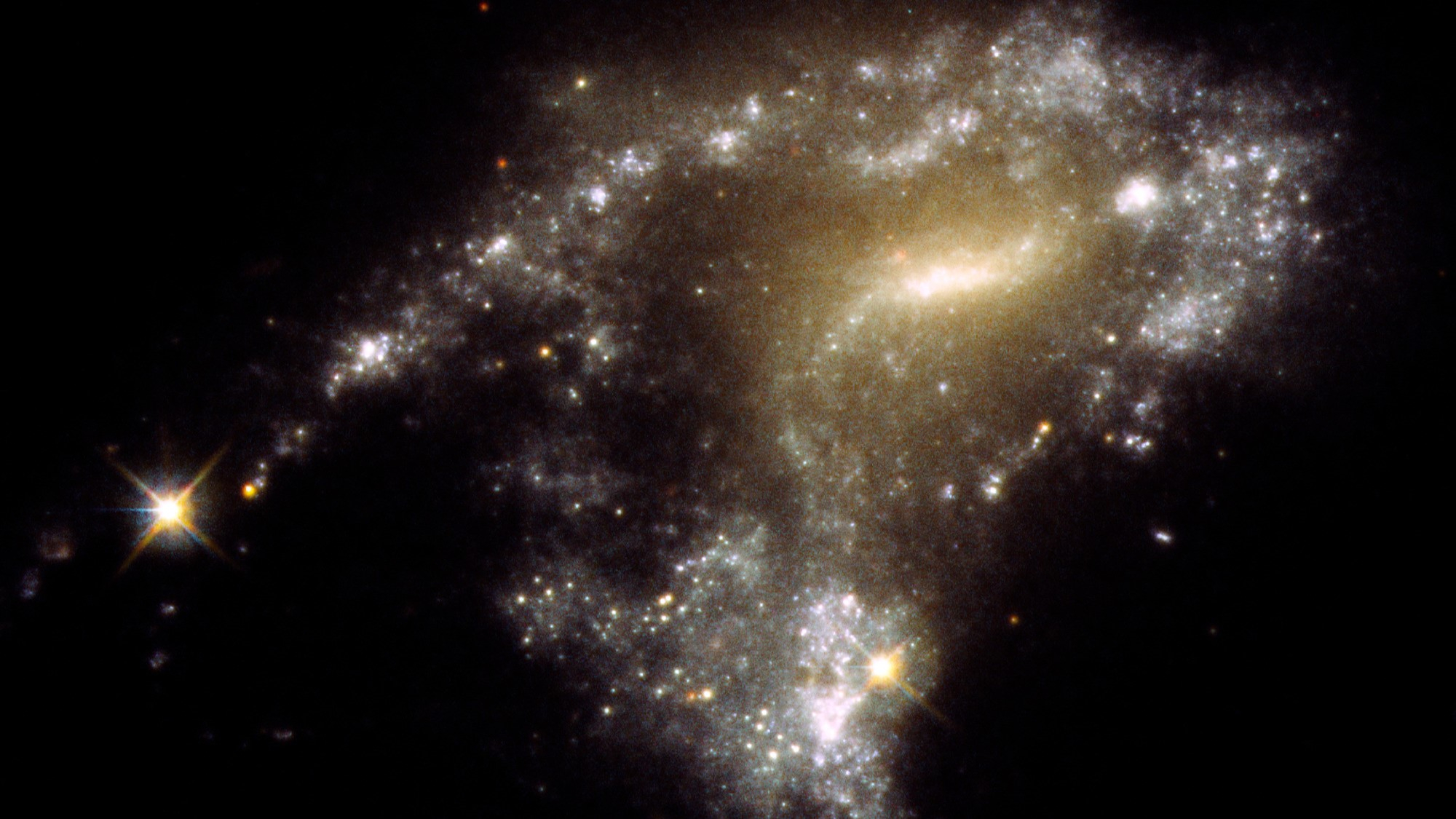
Hubble Space Telescope tells a starry 'tail' of 12 mingling galaxies
By Keith Cooper published
The observations offer a window into the past to better understand how globular clusters may have formed.
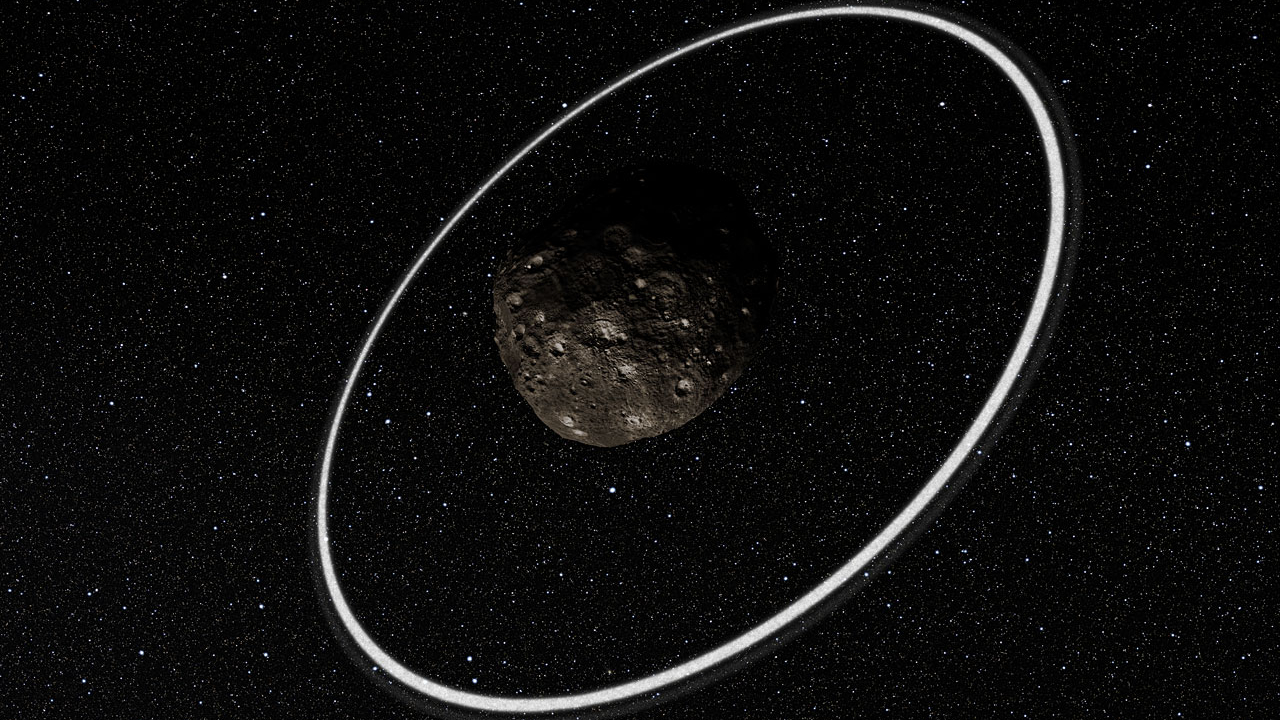
Hidden moon may hold together rings of strange comet-like object between Jupiter and Neptune
By Keith Cooper published
A little moonlet, too small to be seen from Earth, could be playing cosmic sheepdog by shaping the thin rings around the distant minor planet Chariklo, according to new computer simulations.
Get the Space.com Newsletter
Breaking space news, the latest updates on rocket launches, skywatching events and more!
